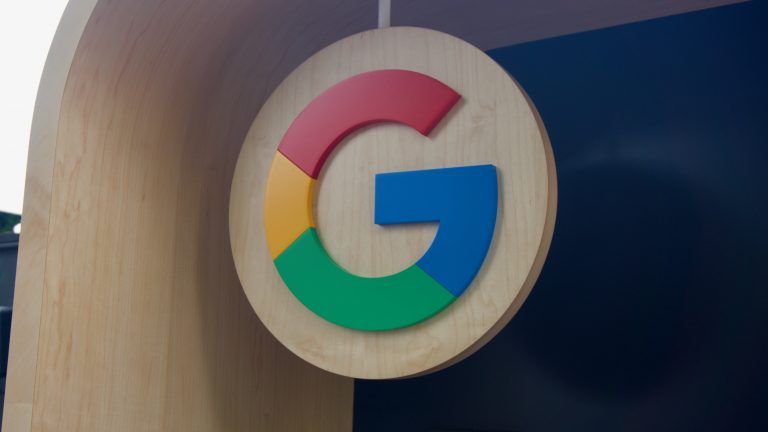
In a groundbreaking decision that could dramatically alter the digital landscape, U.S. District Judge Amit Mehta declared that Google had violated U.S. antitrust laws with its search business. This pivotal ruling marks a substantial challenge to Google’s market dominance and opens the door to significant changes in how internet users access information.
“After having carefully considered and weighed the witness testimony and evidence, the court reaches the following conclusion: Google is a monopolist, and it has acted as one to maintain its monopoly,” Judge Mehta stated. “It has violated Section 2 of the Sherman Act.”
The ruling’s implications are profound, not only for Google but also for its partners who benefit from the tech giant’s market position. Speculation quickly arose regarding the impact on Apple, which reportedly receives up to $20 billion annually from Google to prioritize its search engine on iPhones through the Apple Safari web browser.
Register for Tekedia Mini-MBA edition 19 (Feb 9 – May 2, 2026): big discounts for early bird.
Tekedia AI in Business Masterclass opens registrations.
Join Tekedia Capital Syndicate and co-invest in great global startups.
Register for Tekedia AI Lab: From Technical Design to Deployment (next edition begins Jan 24 2026).
While Apple might feel the pinch, the company’s vast and diversified revenue streams provide some cushion against the financial blow.
However, the scenario is starkly different for Mozilla, the non-profit organization behind the Firefox web browser. Mozilla relies heavily on its search deal with Google, which directs user queries to Google’s search engine. According to Mozilla’s latest financial statement, Google’s payments constituted a staggering $510 million out of the foundation’s $593 million revenue. The potential loss of this revenue poses an existential threat to Mozilla.
In response to the ruling, Mozilla struck a resolute tone.
“Mozilla has always championed competition and choice online, particularly in search,” a spokesperson told Fortune. “We’re closely reviewing the court’s decision, considering its potential impact on Mozilla and how we can positively influence the next steps…Firefox continues to offer a range of search options, and we remain committed to serving our users’ preferences while fostering a competitive market.”
Mozilla’s predicament underscores the broader consequences of the ruling. Originally rising to prominence in the late 1990s as a community-driven project to challenge Microsoft’s Internet Explorer, Mozilla now struggles to stay relevant in a market dominated by Big Tech. The organization has already faced significant challenges this year, including layoffs of about 60 staffers and the resignation of its CEO.
Critics of the judge’s ruling are likely to highlight Mozilla’s potential downfall as an unintended consequence of the antitrust decision, arguing that it could harm smaller tech players more than the giants it aims to regulate. Some might contend that Mozilla has not sufficiently leveraged its financial support from Google to innovate and differentiate its Firefox browser and could potentially seek alternative partnerships, such as with Microsoft’s Bing.
The ruling’s immediate future involves Google’s expected appeal, indicating a protracted legal battle. Moreover, the judge’s upcoming decision on the remedies to impose on Google will be crucial. These remedies could range from forbidding Google’s payments to partners altogether, capping the fees for distribution agreements, pushing for the implementation of a “choice screen” on devices, or other measures.
According to Evercore ISI research analyst Mark Mahoney, it could take another six months to a year, or even longer if the judge decides to stay the remedies phase pending Google’s appeal, before the exact penalties are determined.
“This victory against Google is a historic win for the American people,” Attorney General Merrick Garland said, emphasizing the ruling’s significance. “No company — no matter how large or influential — is above the law.”
White House Press Secretary Karine Jean-Pierre echoed this sentiment, stating, “As President Biden and Vice President Harris have long said, Americans deserve an internet that is free, fair, and open for competition.”
The decision also touches on broader antitrust efforts targeting Big Tech, with potential implications for other giants like Apple and Amazon, both of whom are embroiled in their own antitrust battles. Additionally, the ruling could influence the Justice Department’s case against Live Nation, given the centrality of exclusivity deals in that lawsuit.
Moreover, the ruling raises critical considerations regarding the future of artificial intelligence (AI). Critics argue that Google’s search monopoly, driven by its exclusive agreements, provides it with an unparalleled data advantage, which is crucial for developing superior AI models. Microsoft CEO Satya Nadella highlighted this concern during the trial, suggesting that Google’s dominance in search could translate into a formidable lead in AI, potentially stifling innovation from other tech firms.
However, the ruling against Google is more than a legal rebuke; it signals a potential seismic shift in the tech industry, challenging the established order and aiming to foster a more competitive digital marketplace.



